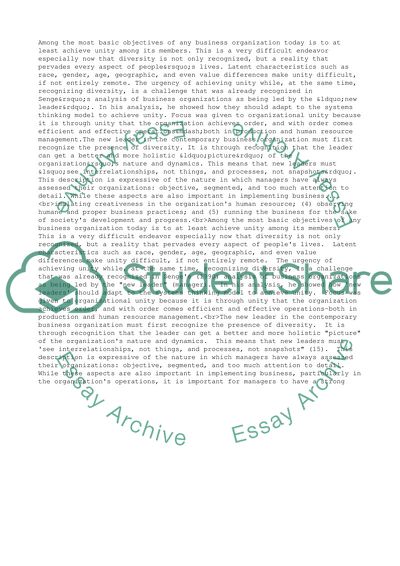Cite this document
(“Success and Excellence in Business Essay Example | Topics and Well Written Essays - 1000 words”, n.d.)
Retrieved from https://studentshare.org/business/1504597-success-and-excellence-in-business
Retrieved from https://studentshare.org/business/1504597-success-and-excellence-in-business
(Success and Excellence in Business Essay Example | Topics and Well Written Essays - 1000 Words)
https://studentshare.org/business/1504597-success-and-excellence-in-business.
https://studentshare.org/business/1504597-success-and-excellence-in-business.
“Success and Excellence in Business Essay Example | Topics and Well Written Essays - 1000 Words”, n.d. https://studentshare.org/business/1504597-success-and-excellence-in-business.


